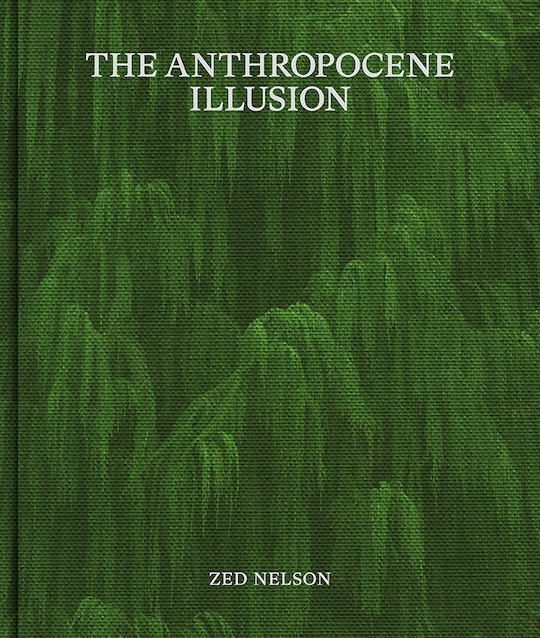Photog Cites Loss of Touch with Nature: ‘We’re creating an illusion for ourselves’
August 18, 2025
In a recent CNN article by Rebecca Cairns and London-based photographer Zed Nelson, the reader is invited to reflect on how we interact with nature, and how much of that “nature” is staged. Nelson’s project, The Anthropocene Illusion, takes viewers on a global journey to see the ways we simulate wild places and wildlife while often turning away from the real thing.

Here at The National Center for Outdoor & Adventure Education (NCOAE), this type of exploration resonates deeply with the part of our mission that speaks to inspiring stewardship and facilitating authentic experiences in the natural world.
Nelson’s photographs, which are featured in Cairnes article, capture everything from artificial safari parks to lion farms in South Africa, revealing the uneasy truth about how human-made versions of nature have sadly become commonplace. As Cairns writes:
“We’re creating an illusion for ourselves… a stage-managed version of nature where we feel we’re connecting with the natural world, but we’re not.”
Our own observations echo this. We surround ourselves with nature-themed decor ranging from beach-printed bedcovers to desktop wallpapers, all offering a fleeting sense of connection. Yet these are safe, convenient stand-ins that avoid the friction of mud, insects, unpredictable weather, and the physical challenge of being outdoors. Over time, this can make the real natural environment seem inconvenient or undesirable, reducing the urgency to protect it.
Nelson also turns his lens on zoos, aquariums, and safari parks. Cairns notes:
“We tend to see animals only through the lens of controlled environments, shaping an unrealistic sense of what wildlife is really like.”
When most of our wildlife encounters are managed or curated, it alters our perception of what “wild” means. Perhaps our reliance on artificial nature is a subconscious attempt at redemption, a way of offsetting guilt over environmental damage. An example of that would be appreciating a photograph of a tree as a compensation for deforestation. But as outdoor and adventure-based educators, we know that true understanding and appreciation come from direct, immersive experiences that demand engagement with the elements and the ecosystems we hope to protect.
At NCOAE, we believe the solution is simple but profound: Step outside and be present in the real natural world. These genuine encounters shape our compassion for the planet, build resilience, and spark the stewardship needed for lasting change.
Read Rebecca Cairns’ full article on CNN to see Zed Nelson’s work using the link above. Then reflect on your own relationship with nature. Trust us — it’s worth every moment.
TALK TO US
Have any further questions about our courses, what you’ll learn, or what else to expect? Contact us, we’re here to help!
Leave a comment